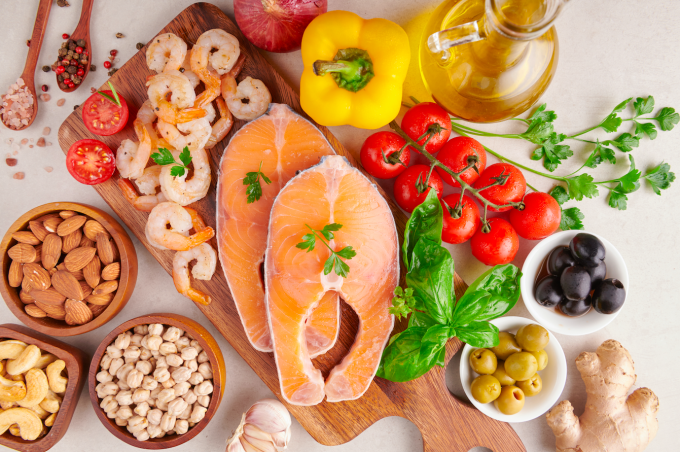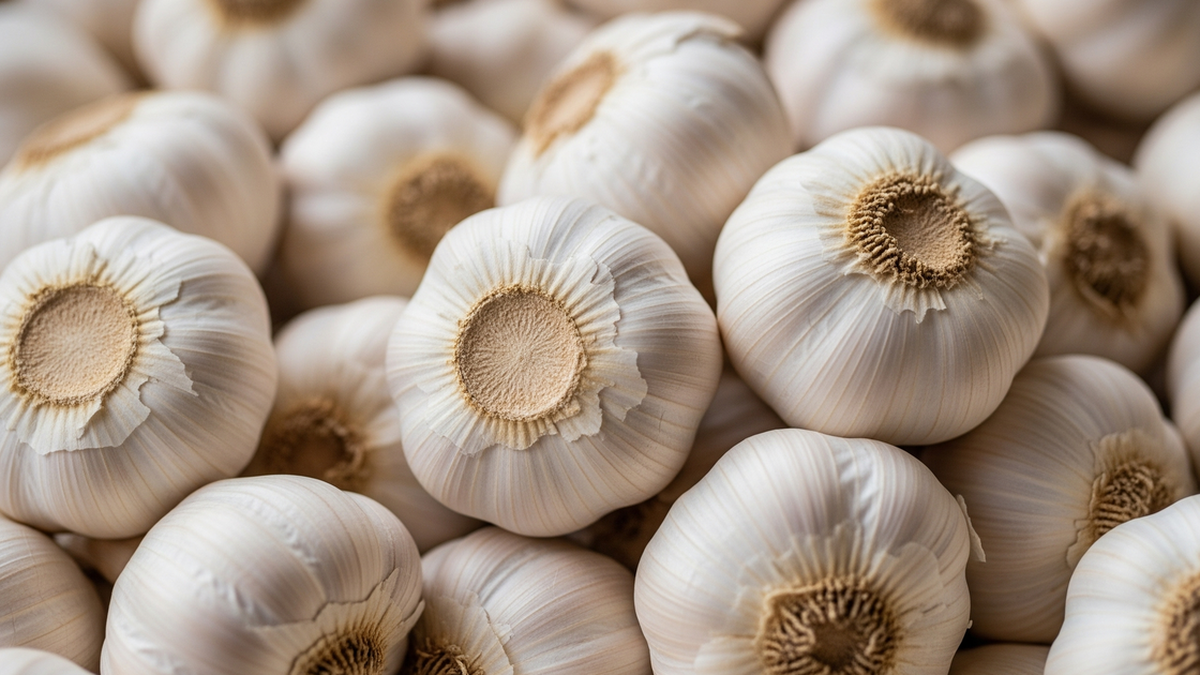I got married at 39 years old, and have not had any children for a year. I went to the doctor, the results showed that I had few eggs, poor egg quality, and was prescribed IVF, with three cycles of embryo collection.
Can diet help improve egg quality to increase the chance of having children? (Ngoc Van, Khanh Hoa )
Reply:
At birth, a baby girl has about one million follicles in both ovaries, the number gradually decreases until puberty and is about 300,000-500,000 follicles. The process of development, degeneration and selection of follicles, ovulation continuously occurs during reproductive age, causing the number of eggs to decrease.
The process of egg development from immature to mature, ovulation and fertilization is complex, energy-intensive and requires optimal ovarian health. As women age, the ovaries become less responsive to the needs of the developing eggs, leading to poor egg quality and an increased likelihood of genetic structural errors.
At the age of 30, the rate of eggs with abnormal chromosomes is about 31%, after the age of 35 this rate is 35% and after the age of 40 it increases to 58%. These abnormalities make women after the age of 40 less likely to get pregnant and increase the risk of miscarriage compared to younger women. Currently, the trend of getting married and having children late, the impact of environmental factors, diseases... makes women more at risk of having difficulty conceiving naturally due to aging ovaries. Assisted reproductive methods, typically in vitro fertilization (IVF), help women get pregnant and give birth more easily.
To ensure a smooth and safe pregnancy and childbirth, women are also advised to change their lifestyle. It takes about 90 days for an egg to develop from the primordial follicle stage to maturity. Therefore, you should change your lifestyle 3-4 months before trying to conceive.

Scientific nutritional supplements help women improve their overall health and fertility. Illustration: Freepik
Proper diet and nutrition have a direct impact on reproductive health. You should limit foods containing carbohydrates and eat more foods containing beneficial fats. The body breaks down carbohydrates into glucose, fructose and other sugars. High carbohydrate content can cause inflammation, tissue damage, reduce blood flow and nutrients to the ovaries, leading to poor egg quality.
Good fats are abundant in avocado, salmon, olive oil... which help balance hormone levels in the female body, making conception easier.
You should also supplement foods that can improve fertility and increase egg quality such as liver, fish, oysters, flaxseeds and full-fat dairy products. They also contain high levels of vitamin A and omega-3, which play an important role in balancing reproductive hormones, female hormones, helping the ovaries function normally, promoting increased egg quality.
Avoid caffeine, tobacco, alcohol, and stimulants. Exercise scientifically, get enough sleep, and limit stress to improve overall health and reproductive health in particular. When you sleep, your body repairs cells, restores energy, and releases hormones necessary for reproduction. The hormone melatonin produced by the pineal gland in the brain at night is also beneficial for egg quality, ovulation, and embryo development.
MD.CKII Vu Nhat Khang
Reproductive Support Center, Tam Anh General Hospital, Ho Chi Minh City
| Readers send questions about infertility here for doctors to answer |
Source link






































































































Comment (0)